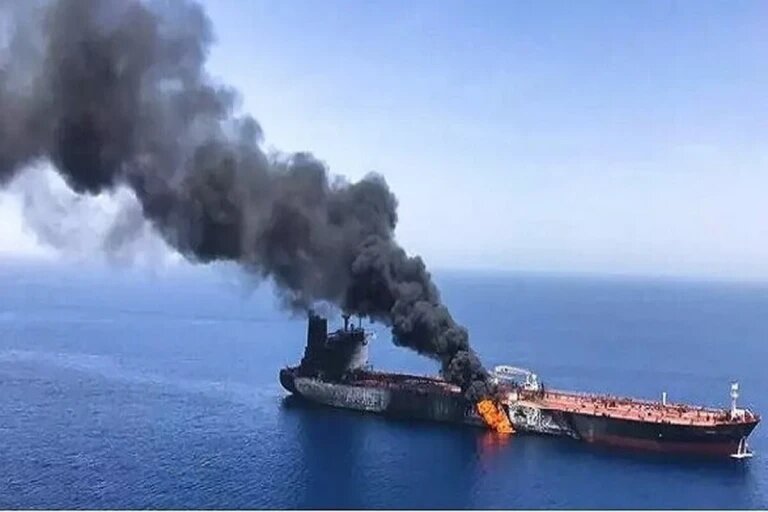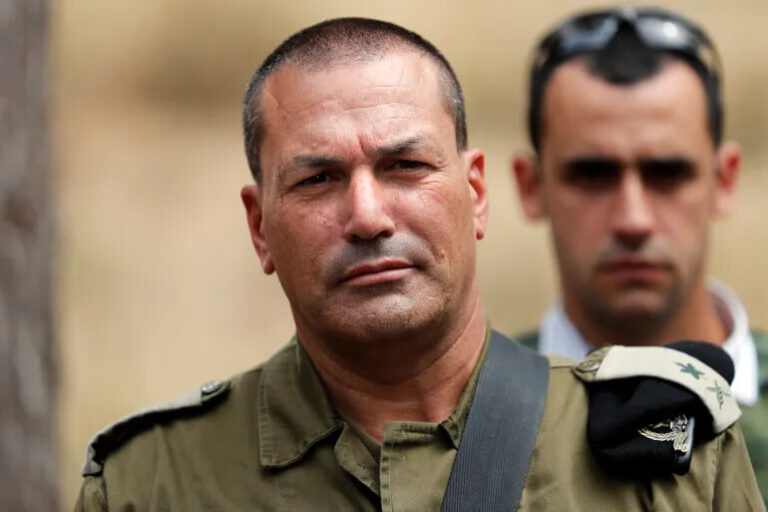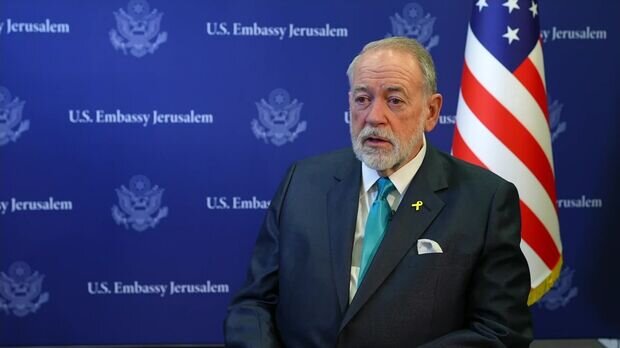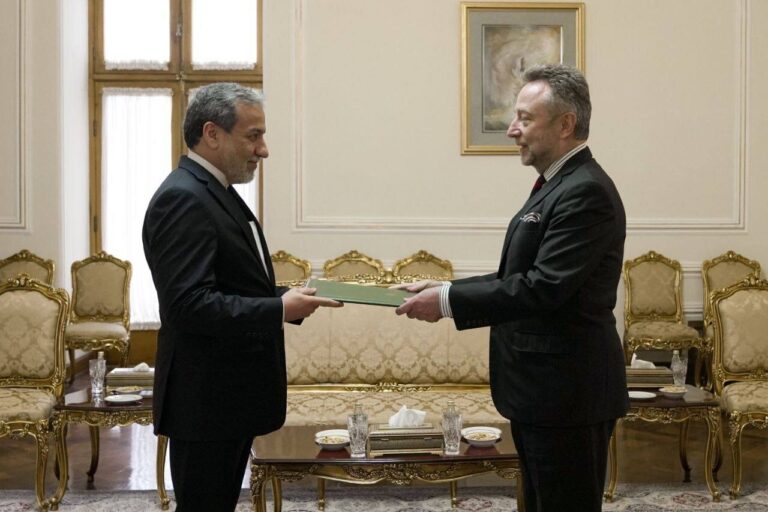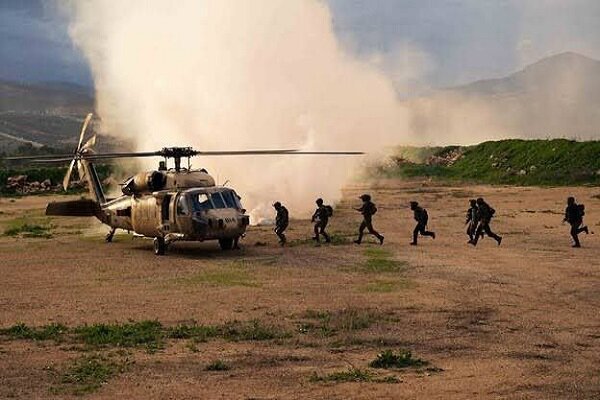Houthi Threatens: Any Israeli Vessel in Red Sea Will Be Targeted!
The ongoing conflict in Gaza has drawn significant international attention, with various leaders voicing their perspectives. Yemeni leader Abdul-Malik al-Houthi recently made a strong statement regarding the role of the United States and its allies in the situation. He emphasized that the US is “fully complicit” in Israel’s actions against the Palestinians, a sentiment that resonates with many who are concerned about the humanitarian crisis unfolding in the region.
In his speech delivered on Wednesday, Al-Houthi outlined several key points regarding the relationship between Israel, the US, and the Arab states. He asserted that the Israeli regime, supported by the US and certain Arab nations, is committing various crimes against the Palestinian people. Here are some of the main highlights from his address:
- The US’s Involvement: Al-Houthi stated that the US is “fully complicit” in Israel’s actions in Gaza, indicating a deep-seated alliance that influences the region’s politics.
- Targeting Israeli-Bound Ships: He emphasized that “any Israeli-bound ship crossing declared operational zone will be targeted by Yemeni forces,” suggesting a proactive stance against Israeli maritime operations.
- Arab Regimes’ Compliance: Al-Houthi criticized Arab regimes for adhering to priorities set by the US and Israel, portraying them as complicit in the ongoing crisis.
- Blockade Enforcement: He announced that Yemen would take “practical steps to enforce a blockade against Israeli-bound ships,” marking a significant escalation in Yemen’s involvement in the conflict.
- Support for Palestinians: Al-Houthi concluded with a warning that “all options are on the table as far as support for oppressed Palestinians is concerned,” indicating Yemen’s readiness to take further actions in solidarity with Palestine.
These statements reflect a broader sentiment in the region where many leaders are calling for solidarity with Palestinians and condemning the actions of Israel, supported by Western powers. The humanitarian situation in Gaza continues to deteriorate, prompting various factions to express their support for the Palestinian cause.
Al-Houthi’s remarks are part of a larger narrative where the Yemeni leadership positions itself as a defender of Palestinian rights, which could influence regional dynamics moving forward. As the crisis unfolds, the responses from various governments and organizations will be critical in shaping the future of peace and stability in the region.
As the international community watches closely, the actions taken by Yemen and its allies will likely impact the ongoing conflict. The Yemeni leader’s call to action against Israeli ships may lead to heightened tensions in the region, and it remains to be seen how this will affect broader geopolitical relations.
In conclusion, Al-Houthi’s strong stance against the Israeli regime and its supporters underscores the complexities of the Middle Eastern political landscape. With the US’s involvement and the reactions from neighboring Arab states, the situation in Gaza remains precarious. As Yemen takes steps to enforce its blockade and vocalize its support for the Palestinians, the global community is left to ponder the implications of such declarations and actions.
